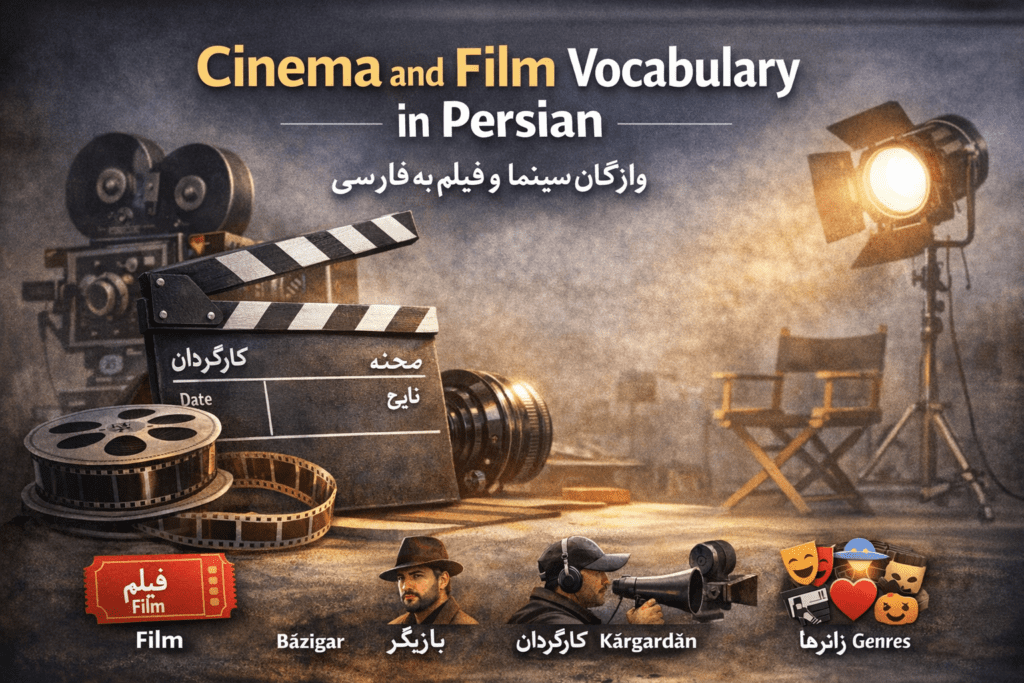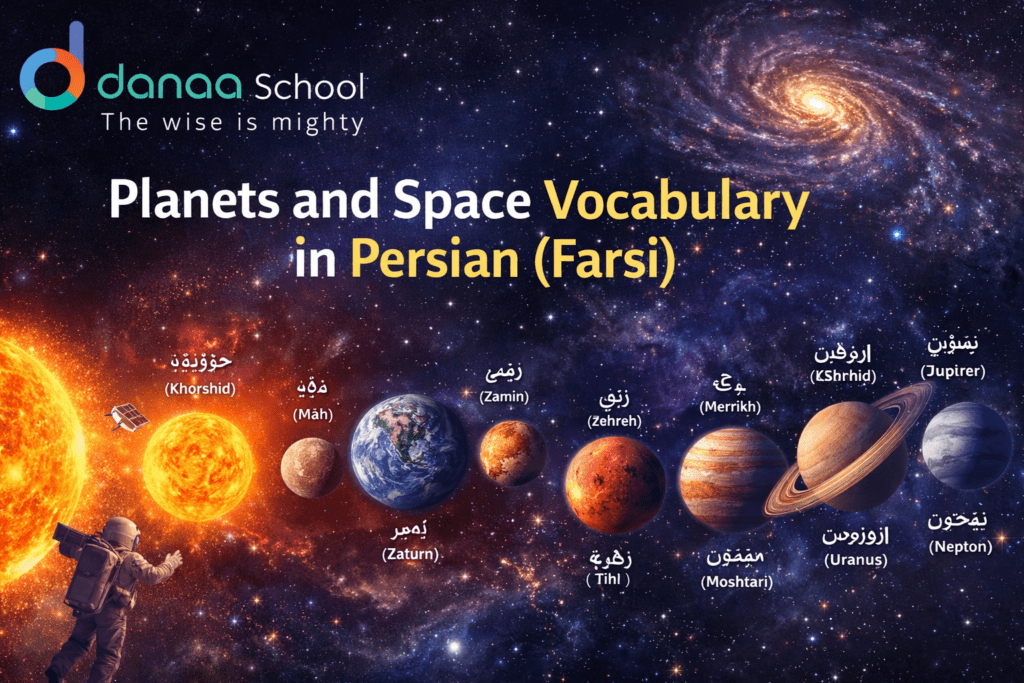Persian Riddles (چیستان) with Answers: Meanings, Culture, and Farsi Practice
Riddles have been part of Persian storytelling for centuries. In Farsi, a riddle is called چیستان (chistân). Persian riddles often use metaphor, rhythm, and cultural imagery to challenge the mind—while also building vocabulary and language intuition for Farsi learners.
In this guide, you’ll find classic Persian riddles in Farsi with answers and short explanations, plus fun sections for kids and adults. If you are learning Persian, these riddles are a practical (and enjoyable) way to train your brain and your language skills.
Common Persian Riddle Phrases (Useful for Learners)
Many traditional Persian riddles start with familiar patterns. Learning these helps you understand riddles faster:
- چیست آن…؟ (chist ân…?) – “What is it that…?”
- آن چیست که…؟ (ân chist ke…?) – “What is it that…?”
- نه دست دارد نه پا… (na dast dârad na pâ…) – “It has no hands or feet…”
- بیزبان است ولی حرف میزند… (bi-zabân ast vali harf mizane…) – “It has no tongue, yet it speaks…”
Classic Persian Riddles with Answers and Meanings
Here are classic-style Persian riddles written in Farsi, with answers and short meanings. Try to solve them first before checking the answer.
- Riddle (Farsi):
آن چیست که بیپا میرود و بیزبان حرف میزند؟
Answer: باد (wind)
Meaning: Wind “moves” without feet and makes sounds like whispering. - Riddle (Farsi):
آن چیست که یک چشم دارد ولی نمیبیند؟
Answer: سوزن (needle)
Meaning: The hole of a needle is called an “eye,” but it cannot see. - Riddle (Farsi):
آن چیست که هرچه از آن برداری، بزرگتر میشود؟
Answer: سوراخ (a hole)
Meaning: The more you remove, the bigger the hole becomes.
Persian Riddles for Adults (More Thought-Provoking)
These riddles are popular among adults because they focus on logic, perspective, and abstract thinking.
- Riddle (Farsi):
آن چیست که مالِ توست، اما دیگران بیشتر از تو از آن استفاده میکنند؟
Answer: نامِ تو (your name)
Meaning: Others say your name more often than you do. - Riddle (Farsi):
آن چیست که هرچه بیشتر برمیداری، بیشتر جا میگذاری؟
Answer: ردِ پا (footprints)
Meaning: The more steps you take, the more footprints you leave behind.
Funny Persian Riddles
Humor and wordplay are part of Persian oral traditions. These riddles are light, memorable, and great for language practice.
- Riddle (Farsi):
آن چیست که کلید دارد ولی هیچ دری را باز نمیکند؟
Answer: پیانو (piano)
Meaning: “Keys” refers to piano keys, not door keys. - Riddle (Farsi):
آن چیست که بالا میرود ولی پایین نمیآید؟
Answer: سن (age)
Meaning: A humorous reminder that age only increases.
Persian Riddles for Kids (Easy and Fun)
For children, short and concrete riddles work best—especially ones involving objects, animals, and everyday life.
- Riddle (Farsi):
آن چیست که دُم دارد ولی حیوان نیست؟
Answer: سکه (coin) / یا صف (queue)
Meaning: Some words/objects can be described with playful features like “tail” (context-based). - Riddle (Farsi):
آن چیست که چهار پا دارد ولی راه نمیرود؟
Answer: صندلی (chair)
Meaning: A chair has “legs” but cannot walk.
Persian vs Farsi Riddles: Is There a Difference?
Farsi is the common name for the Persian language in Iran, while Persian is the broader English term for the language and its cultural space. In practice, “Persian riddles” and “Farsi riddles” often refer to the same thing: چیستانهای فارسی.
Learn Farsi with Danaa School
If you enjoyed these riddles, you can improve faster by trying to learn Farsi with structure and real conversation practice. At Danaa School, you can build vocabulary, pronunciation, and cultural understanding through engaging lessons designed for learners of all levels.
FAQs
What does “Chistan” (چیستان) mean?
چیستان means “riddle” in Persian. It comes from the question-like pattern چیست آن؟ (“what is it?”).
Are Persian riddles good for learning Farsi?
Yes. They improve vocabulary, reading intuition, cultural context, and problem-solving—all while keeping practice enjoyable.
What is a common opening phrase in Persian riddles?
A very common starter is آن چیست که…؟ (“What is it that…?”).
How often should I practice riddles in Persian?
Try 5–10 minutes a day. Read the riddle aloud, guess the answer, then review key words and repeat.
Conclusion
Persian riddles (چیستان) are more than word puzzles—they reflect Persian culture, poetic thinking, and everyday language patterns. By practicing them, you sharpen your mind and immerse yourself in the rhythm and beauty of Farsi. Keep a small daily habit, and you will notice clearer comprehension and stronger language confidence over time.









